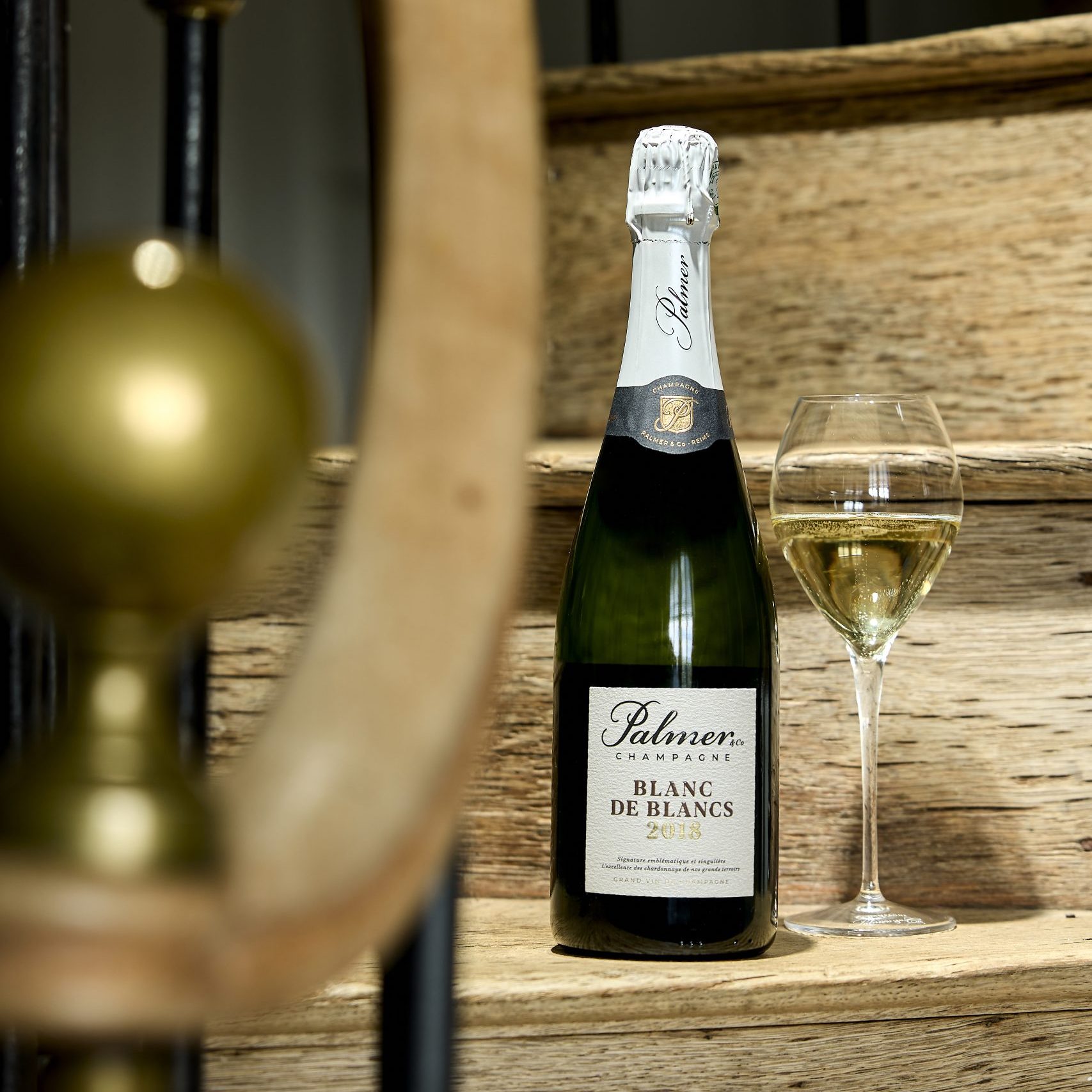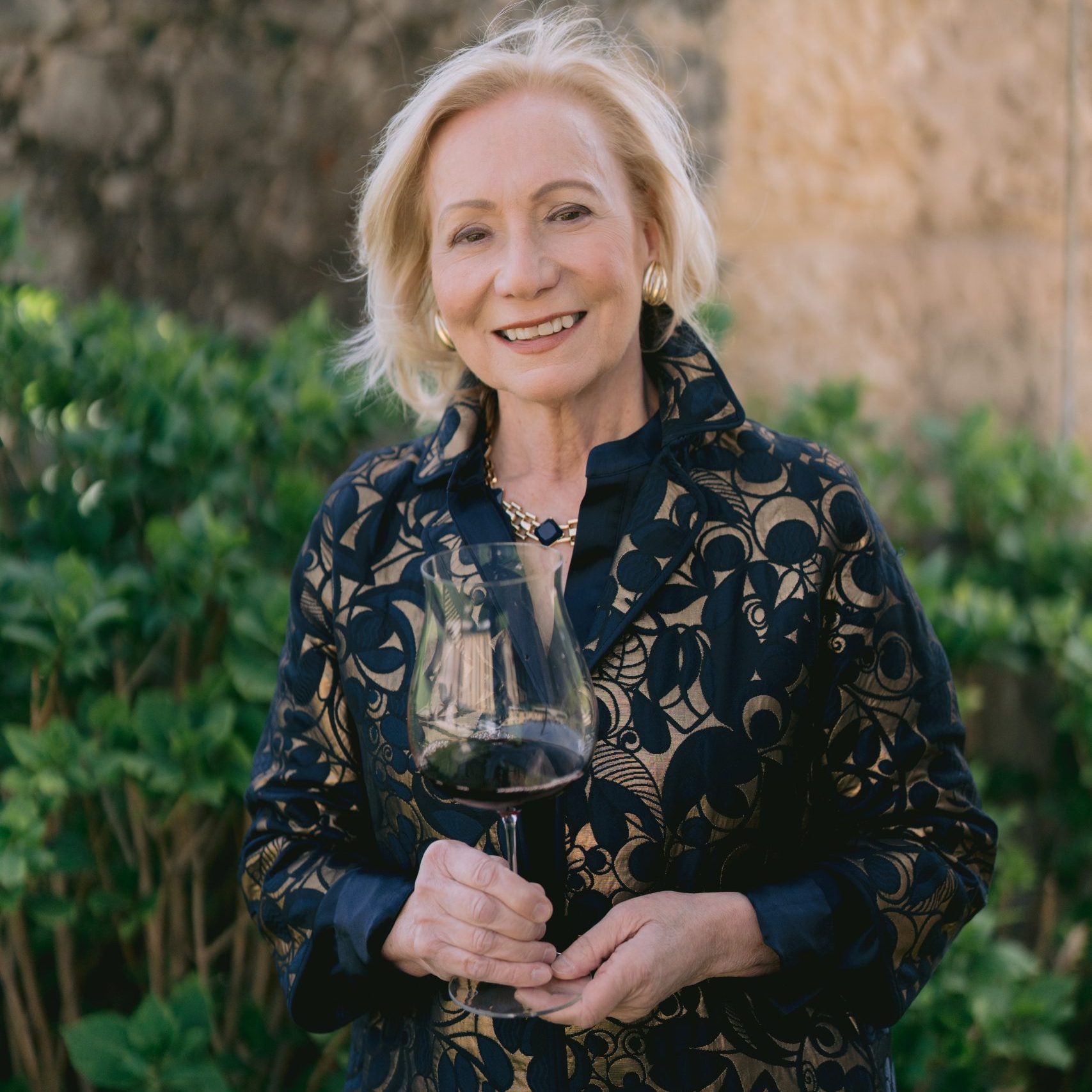Fine wine profile: From bean to berry
Gruppo illy has extended its reach from coffee, via tea, chocolate and jam, to wine, with the launch of Mastrojanni. Roger Morris meets Riccardo Illy as he promotes the brand in New York.
Riccardo Illy is in a good mood, even though his plane down from Boston was two hours late, causing him to miss his lunch appointment, and even though the group of professional women at the next table are still in a loud, high-celebratory mode, none of them eager to pick up the check deposited by a hopeful waiter.
We are sitting near the door as late diners pass out of the trendy A Voce restaurant and into the warmth of an autumn afternoon along New York City’s Madison Avenue. We get a few discreet glances, partly because of the large number of wine bottles on our table and partially because Illy is movie-star handsome, although much too well-dressed to be one.
“Gruppo illy is 100% owned by the family,” he begins as a seafood salad arrives, “and all of the family is involved.” Riccardo, a trim and fit man with fine features, piercing blue eyes, a broad smile and swept-back, salt-and-pepper hair, is president of Gruppo illy (an earlier logo with a capital “I” looked too much like “Jlly”). His younger brother, Andrea, is chairman; his older brother, Francesco, heads up the recently purchased Mastrojanni line of Tuscan wines, and his sister, Anna, is in charge of sourcing for the company, whose biggest unit is well-known illycaffé SpA. Their mother, Anna Rossi Illy, is honorary chairman and is heavily involved in illy charities.
Family business
Gruppo illy was founded in Trieste in 1933 by Riccardo’s grandfather, Francesco, and, although coffee has been the mainstay of the family business, illy early on produced chocolate as well foodstuffs from the family farm, which was annexed by Yugoslavia after World War II. “We have a lot of tea drinkers in our family,” Riccardo admits, so his father, Ernesto, introduced illy tea in the 1960s.
Then, in a series of about-faces, the family decided to concentrate on just coffee, gradually divesting themselves of tea and other businesses. Now, over the past half-dozen years, they have again embraced a diversification process that, for a while, meant acquiring and absorbing a new purchase each year:
In 2005, they became co-owner of Agrimontana, a leader in marron glacès and jams;
In 2006, illy bought out Domori, a high-quality chocolate producer;
In 2007, Dammann Frères, a French tea producer, was acquired; and
In 2008, illy purchased Mastrojanni, the Montalcino winery that makes Brunello and other Tuscan wines.
That is also the year Riccardo left politics.
Today, it is Mastrojanni that has brought Riccardo Illy to the United States to meet with business partners and journalists, part of a new marketing plan to broaden distribution and brand recognition of
the wines.
“I was introduced to wine around 12,” says 55-year-old Illy, “when I would travel around Italy with my father.” Years later, while attending a management course at Stanford University in California wine country, he got to know the Staglin family of winegrowers, which, he says, “makes a pretty good Sangiovese”. Illy, who is married to former food-and-wine journalist Rosanna Bettini, was somewhat sidetracked from the family business for about 15 years in politics, including stints as mayor of Trieste and as a member of the Italian parliament.
“My brother Francesco took us to Montalcino,” he says, first buying personal property there, then spotting the Mastrojanni as being ripe for purchasing – 90 hectares of land, 25 of it in vineyards, 14 1/2 classified as Brunello.
Partner Content
“We always try to keep people from the companies we buy,” Illy says as one of his business principles, so they retained long-time manager, Andrea Machetti. According to Illy, very little has changed in Machetti’s winemaking style, but marketing efforts have stepped up in the US and the UK. “Brunello is quite big in the United States, as it is in the UK,” Illy says, “or I should say very big in London!”
Of course, wine is still a miniscule part of the family business, which, according to Illy, totals about €300 million (£260m) annual revenue in coffee, €21m in tea, €11m in jams, €7m in chocolate and about €1m in wine.
“In the next 20 years,” Illy says, “We expect chocolate and tea to reach the same level of revenue as coffee. We will leave growth of the wine business to the next generation,” the fourth in the illy business – nine young Illys in all, and all women except one.
Promoting wine
That being said, Riccardo Illy is fascinated by his new purchase and is putting a great deal of the gruppo’s resources and his own personal time behind Mastrojanni. At the winery, sorting tables for triage were introduced with the 2008 harvest, new barrels – the traditional grandi botti – were purchased, and, importantly, a larger cellar was built. New labels were designed, and talks have begun to buy additional Brunello vineyards. Agritourismo has caught on like wildfire in Italy, so there are plans to build a boutique hotel at the winery with meeting rooms and perhaps even a restaurant. Already, illy is partnering with a neighbouring spa – Castello di Velona – in providing tours of Mastrojanni.
Then there is marketing. This is Riccardo’s third wine-business trip to the US, and the company has retained marketing consultant Vittorio Zoppi to grow its American distribution network. In spite of the fact that the United States is expected to become the world’s largest wine consumer in 2011, each of its 50 states has individual regulations. Zoppi expects to double the number of states in which Mastrojanni is sold.
When it comes to branding, Illy says he is a student of the marketing philosophy of gurus Ries and Trout. “Each of our businesses has its own brand and its own management. It would be easier to just call all our products ‘illy’, but that wouldn’t succeed in the long run.” His business philosophy also embraces competition. “We were the first to introduce easy-serving espresso in the 1980s, but competition will always lead to product improvement,” he says with a nod to Nestle’s Nespresso capsules.
Before we leave the table, I ask Riccardo the obvious question: “Are there similarities between the coffee and wine business?”
“More than you would think,” he says laughing. My daughter, Daria, tells me that all of our products are high in antioxidants. But by far the key similarity is the importance of flavours,” which attracts groups of consumers who are passionate about their preferences in the individual brand flavours of coffee, wine, tea and chocolate.
Then our espresso comes, and we abandon our fleet of wine glasses. With Gruppo illy, every beverage has its time and place.
Roger Morris, 25.11.10





We are pleased to see Ricardo and his family covered in your important publication. We have had the pleasure of visitng Mastrojanni in November of last year and it is truly a spectacular place. We’re looking forward to returning once the hotel and winery additions are completed and wish them every success in the distribution of thier fine wines around the world.